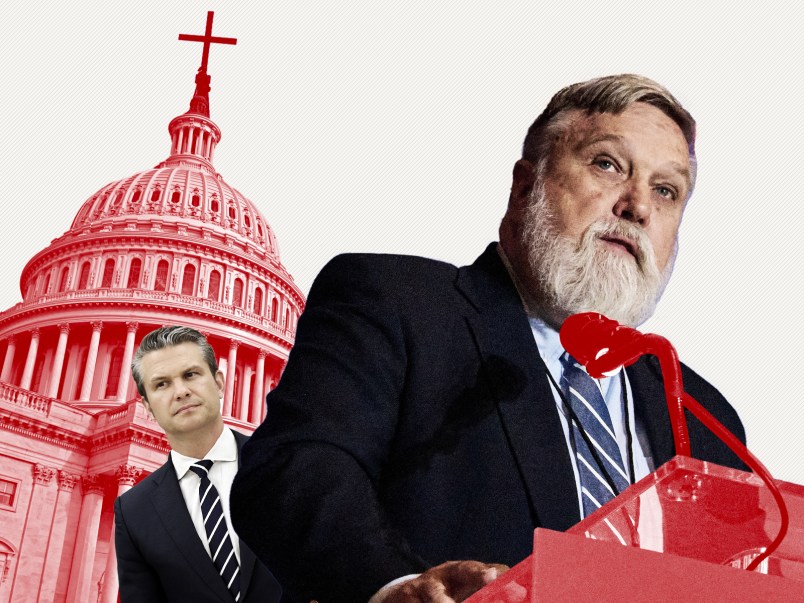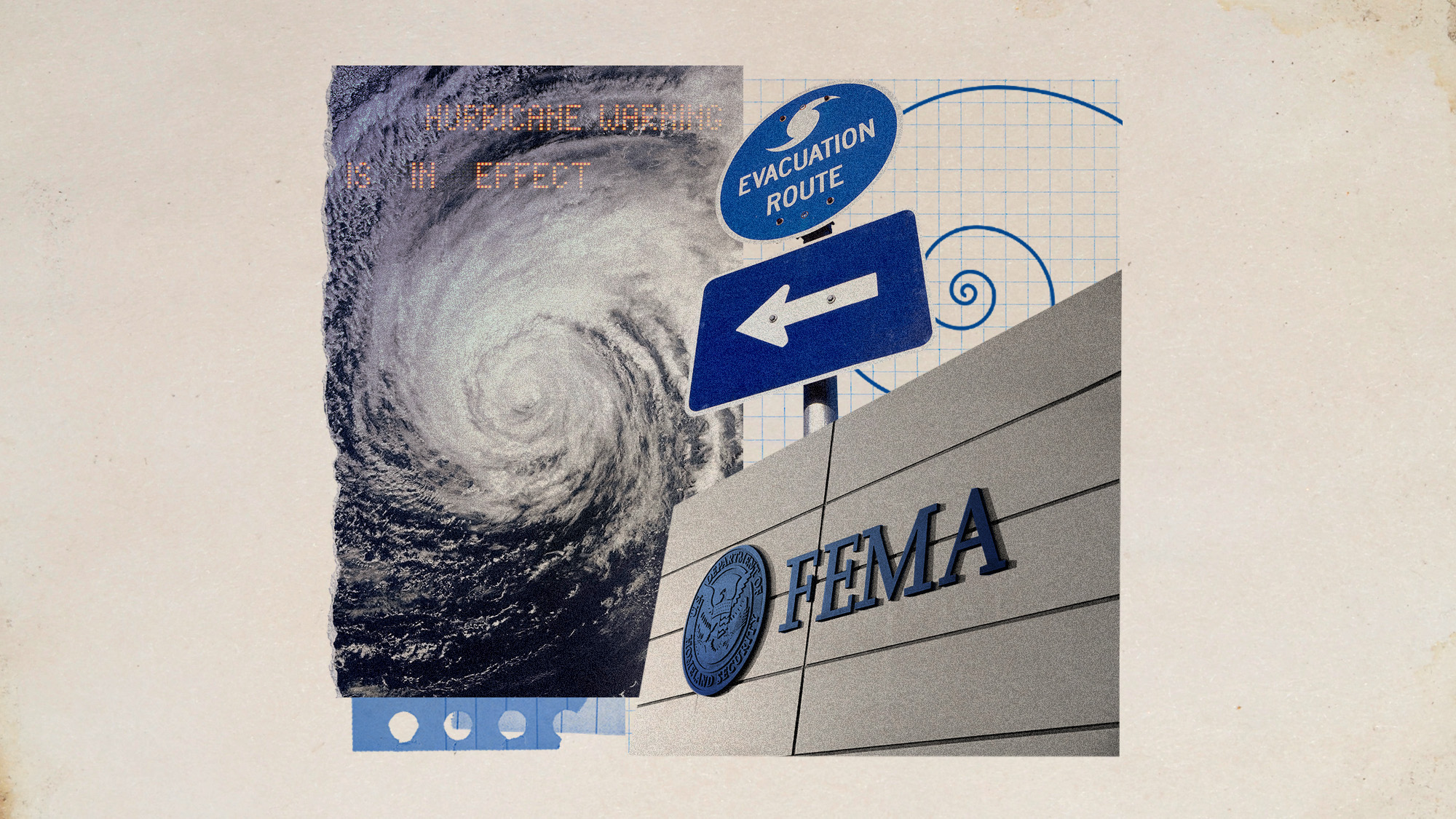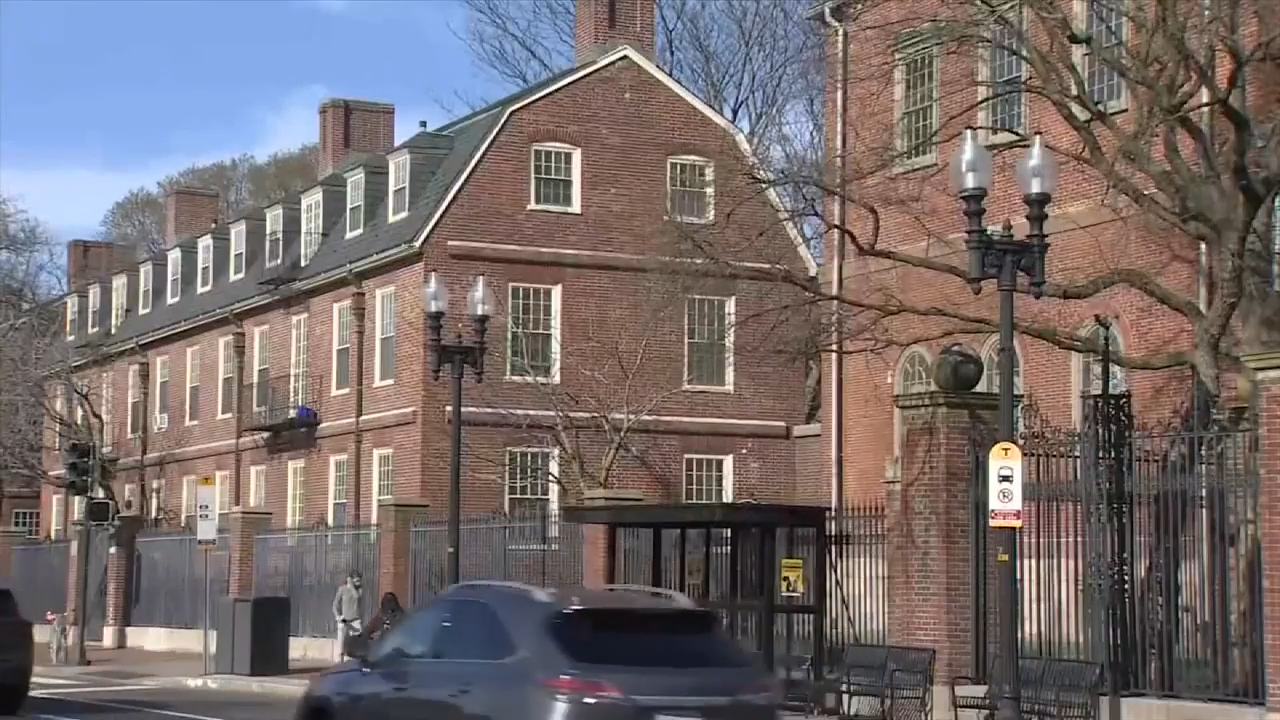An Outspoken Christian Nationalist Pastor Expands His Sway In Trump’s DC
Idaho pastor Douglas Wilson can be provocative. He once wrote that “slavery...

Idaho pastor Douglas Wilson can be provocative. He once wrote that “slavery produced in the South a genuine affection between the races.” He’s said that “sodomy” is worse than “slavery”; abortion, he’s written, is “as great an evil as slavery” due to what he sees as its ability to spark a civil war. He told me last year that he regards the American state as the “biggest blasphemer” of them all.
But beneath the provocations is a vision of a remade — and Christianized — America: One in which the government aggressively promotes and enact the preferences of the evangelical right.
Now, months into the second Trump administration, Wilson sees a unique opportunity. Last year, as TPM first reported, he shared a stage with now-OMB Director Russ Vought. Wilson told TPM this week that he recently met with Secretary of Defense Pete Hegseth while delivering a sermon at Hegseth’s Tennessee church. A video of the sermon appears to show the two shaking hands and talking. Asked about the meeting, which has not previously been reported, a Pentagon spokesperson told TPM that Hegseth is an admirer of the pastor.
Wilson believes that he has key allies atop and throughout the American government, and, like many before him, is trying to secure access and influence to advance his ideas. To do that, Wilson is seeking to expand his religious empire — already capacious — into the capital. He’s launching a new church in Washington this summer.
At the same time, the Trump administration has begun to take actions that appear to benefit Wilson and his movement. On Tuesday, the DOJ civil rights division sued an Idaho town for denying a land use permit to Wilson’s church. Hegseth held a prayer service in the Pentagon on Wednesday where he praised President Trump as an instrument of God while standing alongside his own, Nashville-based pastor, who is himself a longtime member of the Communion of Reformed Evangelical Churches (CREC), the movement that Wilson founded.
“The Secretary is a proud member of a church affiliated with the Congregation of Reformed Evangelical Churches, which was founded by Pastor Doug Wilson,” Chief Pentagon Spokesman Sean Parnell told TPM when asked about Wilson’s claim that he had met Hegseth earlier this month. “The Secretary very much appreciates many of Mr. Wilson’s writings and teachings.”
Hobnobbing with powerful conservatives isn’t necessarily anything new for Wilson. His September 2023 speech alongside Vought took place on Capitol Hill in the basement of the Senate’s Dirksen Office building. It was dedicated to making the “Christian Case for Immigration Restriction,” and was delivered as part of the “Theology of American Statecraft” series.
Wilson spoke with TPM this week about his plans to “plant” a church in D.C., which were first reported by Mother Jones. The church, he said, would serve as a hub for his brand of evangelicalism: pastors from Wilson’s Moscow, Idaho-based network would use fundraised money to fly in to D.C. and preach to the congregation. Other pastors from Wilson’s network, CREC, will also fly in from across the country, Wilson said.
He envisions this as part of a strategy to spread his beliefs within the government. The Trump administration is full of evangelicals, he said, meaning that they’re what Wilson described as “culturally engaged”: using their position to advocate for policies that many conservative evangelicals support.
“We think that cultural engagement needs a theological foundation, and we’re gonna be seeking to provide that,” Wilson told TPM.
Wilson told TPM that he met with Hegseth earlier this month during a sermon he delivered at Pilgrim Hill Reformed Fellowship, a church outside of Nashville, Tennessee that Hegseth attends.
Pilgrim Hill is small, and new: it opened in 2021, and counts itself among Wilson’s burgeoning CREC umbrella of churches. For Wilson, the D.C. church, CREC, and high-level connections to Hegseth and Vought are part of an expanding counter-cultural kingdom: there’s a podcast platform, a college, a network of schools that offer classical education, and a publisher that recently printed a much-debated book on the online Christian right, The Case for Christian Nationalism. That book rails against the “gynocracy,” legal gay marriage, and the end of limits on immigration by national origin. It calls for a “measured and theocratic caesarism.”
By all accounts, Hegseth is an enthusiastic member of the community that Wilson has helped forge. He once said that he would be willing to pay for his kids to attend Wilson’s college — New St. Andrews — but not Harvard. (The list of schools he’d be happy for his children to attend also included Liberty University; Hegseth said that he kept a running list on his iPhone.)
Wilson told TPM that he been visiting Pilgrim Hill for a conference that the church put on in early May, he said. He portrayed the meeting with Hegseth and his wife, Jennifer, as “a happenstance.”
“I was invited to preach there, which I did, and it happened that the Hegseths were back in Nashville that Sunday, and they came to church,” he told TPM. He said that they had a brief, “amiable, happy conversation.” Hegseth thanked him for his work, Wilson said.
Julie Ingersoll, a professor at the University of North Florida who has studied Wilson and the movement, told TPM that CREC requires its members to pass a “theological grilling” before joining. That means a check to make sure that lay members agree with CREC’s stated beliefs, which include opposing female combat troops and believing that homosexuality is sinful. Senators grilled Hegseth during this confirmation hearing over his statements on a podcast last year, during which he clarified that he was “straight up just saying we should not have women in combat roles.”
“I don’t think you can be a member of these churches and disagree on these positions,” Ingersoll said.
Wilson denied to TPM that he would use the D.C. church for partisan ends, saying that he intended to found it to “represent Christ, not Trump.”
Still, Wilson sees the initiative as a huge opportunity. He’s visibly excited about it. He titled a blog post announcing it “a mission to Babylon,” and proposed a few biblical metaphors for the D.C. church project. One was rebuilding “the walls of a ruined Jerusalem;” another was “rebuilding the walls of Christendom.” Another was somewhat more aggressive: “perhaps the task is more like an effort to bring Babylon into the New Jerusalem.”
During the sermon he gave at Pilgrim Hill, Hegseth’s church, Wilson toyed with another metaphor. This time, it was far more martial, and had to do with Joshua leading the chosen people to conquer Canaan.
There, he asked the audience to consider a phrase they might see on posters sold at Christian bookstores: “I will never leave thee or forsake thee.”
The phrase, Wilson mused, is typically emblazoned next to a “picture of a basket of kittens.” But he cautioned the crowd that the implications don’t concern cats so much as they do spiritual warfare: the phrase comes from the portion of the Hebrew bible that deals with the invasion of Canaan.
“What that poster ought to be is a panoramic view of Normandy beach, with amphibious craft about ready to hit the beach,” He said. “I will never leave you or forsake you. That’s the context. You are going into conflict.”





















